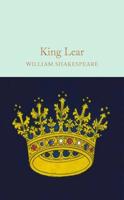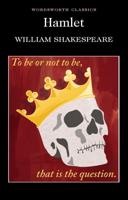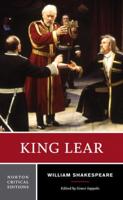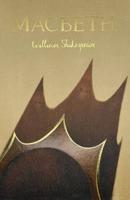Publisher's Synopsis
Aristophanes barbs, however, were not reserved exclusively for political figures. In fact, he often saved his sharpest attacks for other cultural figures. In The Clouds, he turns his attentions to the great thinker of the day--Socrates. The story revolves around an old man named Strepsiades. Deeply in debt because of his son's gambling and desperate to preserve his fortune, he enrolls in Socrates' Thinking Shop in order to learn how to confute his creditors with logic. What he finds on the first day of training, however, is the great thinker suspended in a basket and contemplating the sun. Only confused by this first lesson, Strepsiades determines to have his son educated instead. The young man responds quickly to Socrates' teachings and is soon able to prove, after beating his father, that he was morally justified in doing so. In The Wasps, Aristophanes returned to his favorite theme--the deterioration of Athens. In this satire of an overzealous legal system, Philocleon ("Lover of Cleon") becomes so addicted to the courtroom drama that he has to be confined to his house by his son. Desperate to return to the Tribunal where cases are being tried, the old man becomes more and more extravagant in his attempts to escape. At one point, he tries to squeeze through the chimney pretending to be "only smoke." In the end, he is rescued by his fellow jurors who appear, appropriately enough, as a swarm of wasps. Aristophanes favorite target, however, was another literary figure--the tragic poet Euripides. Already satirized in The Acharnians, Euripides was later to became the subject of two more plays: Thesmophoriazusae (Women at the Festival of Demeter) and The Frogs. In the second of these--set sometime after Euripides' death--Dionysus has become annoyed at the absence of a major dramatist on the stage and resolves to bring Euripides back from the dead. Dressed as Hercules, he braves the underworld, pleading with Pluto to allow Euripides to return with him to Athens. However, there are three tragic poets stuck in Hades, and the great warrior-poet Aeschylus is not convinced that the upstart Euripides is the best choice to return to the world of the living. The literary duel that follows is perhaps one of the most remarkable parodies in dramatic literature. Aristophanes would return to his political theme of pacifism in Lysistrata. Written twenty-one years into the Peloponnesian War, the play revolves around the women of Athens who finally tire of losing their sons on the battlefield and conspire to deny their husbands sexual intercourse until they make peace with the Spartans. Lysistrata, who leads the revolt, is one of Aristophanes' most completely realized characters. Although the play is light-hearted, it was written out of the poet's grief over the thousands of Athenians who had recently lost their lives in the terrible defeat at Syracuse. After Lysistrata, Aristophanes seems to have given up on politics. It would be nineteen years before he would again devote an entire play to a political issue, and by that time it had become far too dangerous to launch a direct attack on state policies. Athens had long since been crushed by the Spartans and its liberties had decreased significantly. It was during this turbulent period that Socrates was put to death. Thus Ecclesiazusae (Women in Parliament) and Plutus are far less pointed than the poet's earlier works in their call for a new utopian society. Mercifully, however, Aristophanes would not have to hold his tongue for long. Three years after the production of Plutus, the comic poet passed away, leaving behind approximately forty plays--eleven of which have survived to this day. The Knights The Acharnians Peace Lysistrata The Clouds









